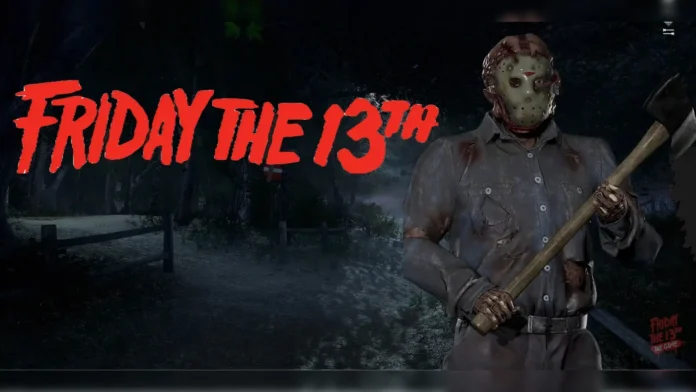Friday the 13th is tomorrow, and for millions around the world, this date brings a sense of unease. In 2025, there’s only one Friday the 13th, and it lands in June. But what makes this day so notorious? Why do people still believe Friday the 13th is unlucky, even as society grows more rational? The answer lies in a fascinating blend of history, mythology, and a dash of magical thinking.
The Origins of Friday the 13th Superstition
The fear surrounding Friday the 13th isn’t new, but its roots are tangled in centuries-old stories. At its core, this superstition is a double whammy—Friday and the number 13 have both been considered unlucky for different reasons, and when they collide, the result is a day many dread.
Friday has long been viewed as an unlucky day in Western tradition. Some biblical narratives suggest calamities like the Great Flood and the crucifixion of Jesus occurred on a Friday. In medieval England, Friday was known as “Hangman’s Day,” the day when executions were typically carried out. Even Chaucer, in his famous Canterbury Tales, wrote “and on Friday fell this mischance,” reinforcing the idea of Friday as a day of misfortune.
The number 13, meanwhile, is steeped in its own dark lore. Many point to the Last Supper, where Judas Iscariot, the betrayer of Jesus, is said to have been the thirteenth guest. In Norse mythology, the mischievous god Loki crashed a dinner party of twelve gods, making him the thirteenth guest and plunging the world into darkness. To this day, some people avoid having 13 at the dinner table, and buildings often skip the thirteenth floor altogether.
Modern-Day Superstitions and Cultural Impact
Fast forward to today, and Friday the 13th still holds a unique grip on the popular imagination. The phobia even has a name: paraskevidekatriaphobia—fear of Friday the 13th. While the superstition may have ancient roots, it really took off in the 19th and 20th centuries. The mass arrest of the Knights Templar on Friday, October 13, 1307, is often cited as a key event, though historians debate how much this truly influenced modern beliefs.
The entertainment industry has played a huge role in keeping the legend alive. The “Friday the 13th” horror movie franchise, featuring the iconic killer Jason Voorhees, has turned the date into a pop culture phenomenon. Books, TV shows, and even news stories about accidents or disasters on this date keep the myth fresh in people’s minds. In the US, an estimated 17 to 21 million people believe Friday the 13th brings bad luck, and this belief can impact everything from travel plans to business decisions.
Why the Superstition Persists—And Is It Fading?
Despite the rise of science and reason, Friday the 13th remains a day of anxiety for many. Experts describe the superstition as a form of magical thinking, where people see connections between unrelated events. The combination of Friday and the number 13 creates a powerful taboo, and people often go out of their way to avoid risks on this day.
Interestingly, some argue that the stigma around Friday the 13th is starting to fade. As society becomes more secular and rational, fewer people let the date dictate their lives. Yet, the superstition lingers, especially in certain industries. Hotels, airlines, and even hospitals sometimes skip the number 13 in their room or floor numbering, and some people still refuse to travel or make big decisions on this date.
Fun Facts and Strange Traditions
- Teddy Bear Trick: Some people place a teddy bear at the table if there are only 13 guests, making it 14 to ward off bad luck.
- No Room 13: Many buildings skip the thirteenth floor, jumping straight from 12 to 14.
- Airlines and Rows: Some airlines avoid having a row 13 altogether.
- Tattoos and Rituals: Some get tattoos or perform rituals on Friday the 13th to either embrace or defy the superstition.
Engaging Conclusion
Friday the 13th is more than just a date on the calendar—it’s a symbol of mystery, fear, and cultural fascination. Whether you believe in the superstition or not, there’s no denying its impact on our lives, from the way we number floors to the movies we watch. As we approach the only Friday the 13th of 2025, take a moment to reflect on the stories and traditions that make this day so unique. Who knows—maybe this year, you’ll find a little extra luck instead of bad fortune.
